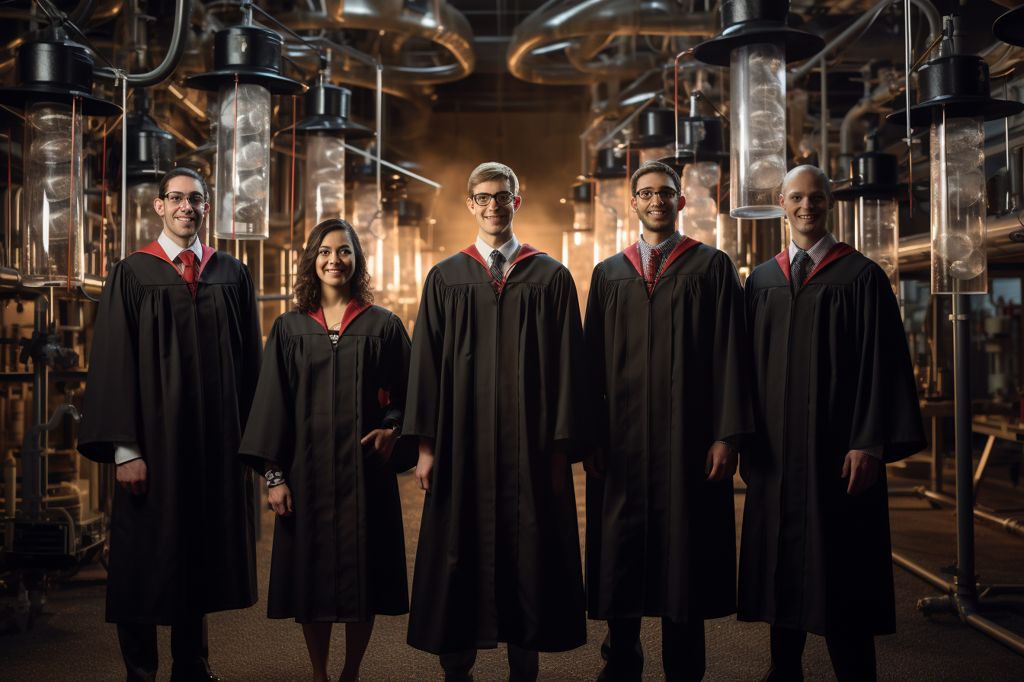The Minister of Higher Education, Science, and Innovation in South Africa, Blade Nzimande, recently launched the 2023 Science, Technology, and Innovation (STI) Indicators Report. The report, commissioned by the Centre for STI Indicators under the National Advisory Council on Innovation (NACI), provides a comprehensive analysis of South Africa’s STI landscape. The report highlights both positive developments and critical challenges that must be addressed to build a resilient STI system and drive the nation’s growth and development agenda.
Aging Public University Staff
The report notes that there has been an increase in the proportion of staff over 60 years old in public universities from 7.3% in 2011 to 10.4% in 2020. This increase indicates that universities will lose about 10% of their permanent staff with doctoral qualifications due to retirement within the next five years. However, the Department of Higher Education and Training has implemented programs that have gradually closed the gender gap among academic staff. As a result, South Africa now has near parity in the proportions of male and female researchers.
Limited Success in Increasing STEM Graduates
Efforts to increase the number of graduates in science, technology, engineering, and mathematics (STEM) have seen limited success. Despite numerous initiatives, the percentage of STEM graduates as a proportion of all graduates has remained unchanged over the past 12 years. However, there has been an increase in the production of black doctoral graduates in STEM fields since 2015. Additionally, the proportion of female doctoral graduates in STEM fields has surpassed that of male graduates.
Increased Research Collaborations and Scientific Output
South African scientists have increased their research collaborations with countries such as the USA, Germany, the UK, and Australia. The nation’s scientific publication output has also seen a significant rise, increasing from 3,693 in 2000 to 27,052 in 2021. However, South Africa’s world share of publications has plateaued at around 1% over the past five years.
Decrease in Gross Expenditure on Research and Development
Gross expenditure on research and development as a percentage of GDP (GERD/GDP ratio) has decreased from 0.76% in 2017/18 to 0.61% in 2020/21. Furthermore, business-sector expenditure on R&D has been on a declining trend over the past decade, demonstrating the sector’s dwindling capacity to attract foreign funding.
Researcher Employment Trends
Most South African researchers are based in the higher education sector (86.3% in 2020/21), while the business sector’s share of total researchers has declined from 15.2% in 2011/12 to 7.3% in 2020/21. Science councils have also experienced a downward spiral, with the number of researchers decreasing since 2017/18.
Addressing Challenges
Minister Nzimande highlighted the need for intensified support for young academic staff and organizational design changes in universities, such as creating more medical schools, engineering faculties, and larger science faculties. An example of such a change is the upcoming establishment of the new University of Science and Technology in Ekurhuleni, Johannesburg. The recently launched Decadal Plan for Science, Technology, and Innovation aims to tackle socio-economic challenges faced by South Africa by putting STI at the heart of the nation’s growth and development agenda.
The 2023 STI Indicators Report offers valuable insights into the state of South Africa’s science, technology, and innovation landscape. Through the Decadal Plan and ongoing collaboration between the government, private sector, and academic institutions, the country is poised to meet the challenges and harness the immense potential of its STI sector.








